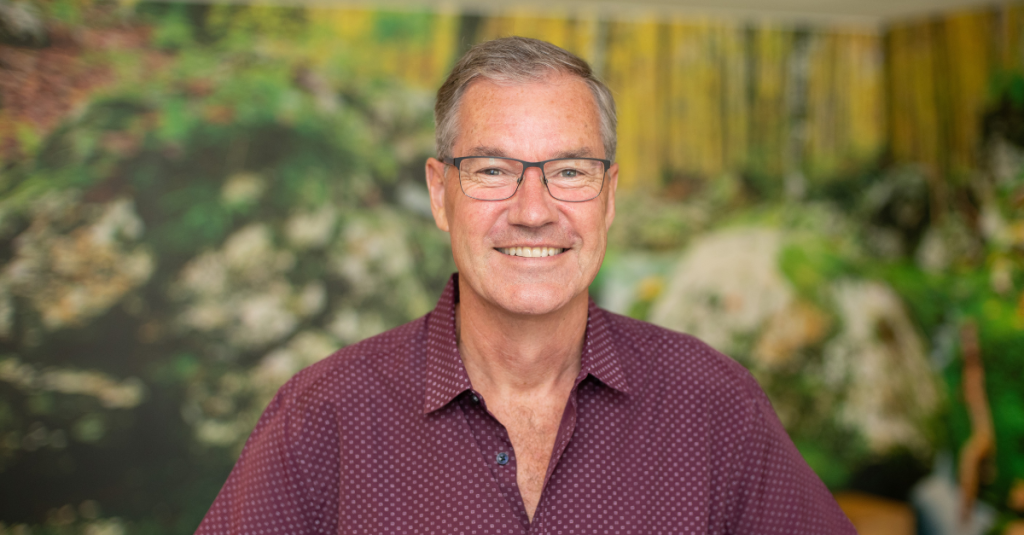Intrepid Travel is setting ambitious financial targets for 2030, focusing on significant growth.
- The company aims to double its turnover within seven years, driven by strong UK market demand.
- For 2023, Intrepid reported $21.8m in profit, with bookings reaching $621m.
- Challenges in aligning growth ambitions with sustainability were acknowledged by the chairman.
- The company advocates for policy changes to make aviation more environmentally friendly.
Intrepid Travel aims to markedly increase its financial performance by targeting a doubling of turnover by the year 2030. This bold objective coincides with robust demand in the United Kingdom, identified as a key market for the company. The firm reported significant financial results for 2023, including a net profit of $21.8 million and bookings totalling $621 million, underscoring its capability to reach these ambitious goals.
Darrell Wade, co-founder and chairman, expressed confidence in sustaining the company’s growth trajectory, acknowledging the historical growth rate of 20-25% annually. He projected future revenue to reach $1.3 billion by 2030, a goal seen as an extension of the company’s past performances. Mr. Wade highlighted the exceptional strength of the UK market, deeming it second only to the US.
However, aligning expansion goals with sustainability remains a concern. Wade openly admitted the challenges of sustainable aviation, describing aviation as inherently problematic for sustainability efforts. He argued for increased use of sustainable aviation fuel (SAF), despite its current high cost, advocating for governmental and industry pressures to mitigate this issue. Such measures are seen as essential to enabling ‘clean conscience’ travel in the future.
Despite the cost hurdles, Wade remains optimistic about the potential for SAF, predicting that prices would eventually decrease, facilitating broader adoption. He also voiced the necessity for regulatory frameworks to enforce aviation sector sustainability goals, suggesting taxation as a tool for compelling change. Wade contrasted this with the current tax benefits enjoyed by airlines, hinting at an imbalance within the global taxation system.
Reflecting on corporate partnerships, Wade praised Intrepid’s alliance with French partner Genairgy, describing it as a strategic fit. This partnership aligns on sustainability and purpose, marking a better cultural fit compared to past collaborations. He also criticised wider industry attitudes, pointing out deficiencies in addressing decarbonisation, gender equality, and human rights.
Wade emphasised internal challenges such as gender disparity in senior roles at Intrepid, urging for introspection within the company and the broader industry. The company remains committed to addressing these issues, striving for a more inclusive and equitable corporate structure.
Intrepid Travel’s aggressive financial targets for 2030 intertwine with its commitment to sustainability and industry reform.

